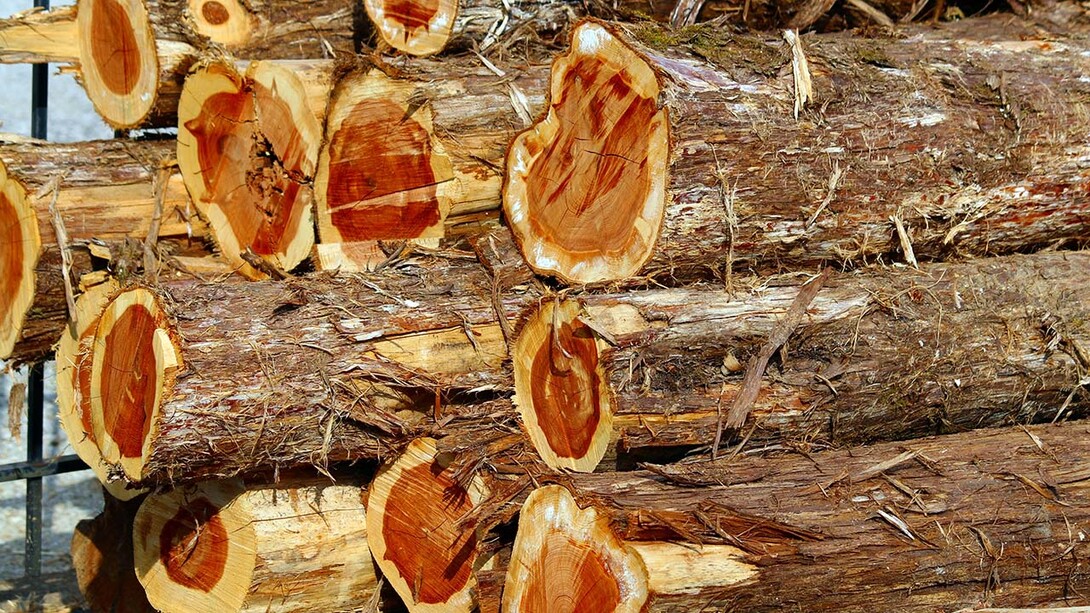
A University of Nebraska–Lincoln project to explore the use of eastern red cedar in construction has received a $28,412 grant from the Nebraska Environmental Trust.
Jason Griffiths, associate professor of architecture, leads the project.
Husker researchers plan to explore the potential use of eastern red cedar as a local “mass-timber” construction system. They will use the funding to develop a demonstration building that resolves concerns about the environmental impact of eastern red cedar in Nebraska.
The project aims to accomplish the following:
- Demonstrate economic benefits for the local agricultural, construction and forestry industries.
- Establish a model for harvesting and deployment of red cedar in the field that will resolve the current problem of large distances and harvesting.
- Demonstrate that red cedar construction can reduce embodied energy in building material cost through seasonal growth, harvesting, milling and charring cycles.
- Explore red cedar’s potential as a “mass-timber” product.
- Explore red cedar’s potential for new building typologies – for example, ag buildings, vacation homes and microdwellings.
- Explore shou-suig-ban charred surface, a Japanese wood waterproofing and preservation technique, as a sustainable solution to weathering problems and insect infestation.
- Demonstrate the benefits for architectural education and graduate students at the university’s College of Architecture and the Cedar Point Biological Station’s mission for field studies.
This is the first year of the award, with potential second-year funding of $6,500. The project is one of 118 receiving $20 million in grant awards from the NET this year. Of these, 73 were new applications and 45 are carry-over projects.
The Nebraska Legislature created the NET in 1992. Using revenue from the Nebraska Lottery, the trust has provided more than $328 million in grants to more than 2,300 projects across the state. Anyone — citizens, organizations, communities, farmers and businesses — can apply for funding to protect habitat, improve water quality and establish recycling programs in Nebraska. The NET works to preserve, protect and restore the state’s natural resources for future generations.







